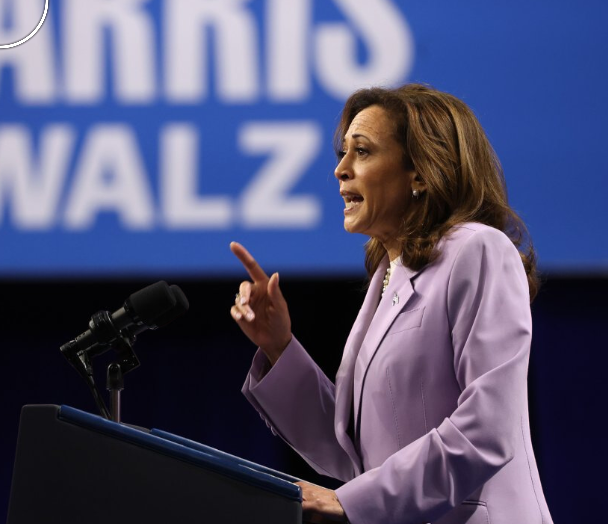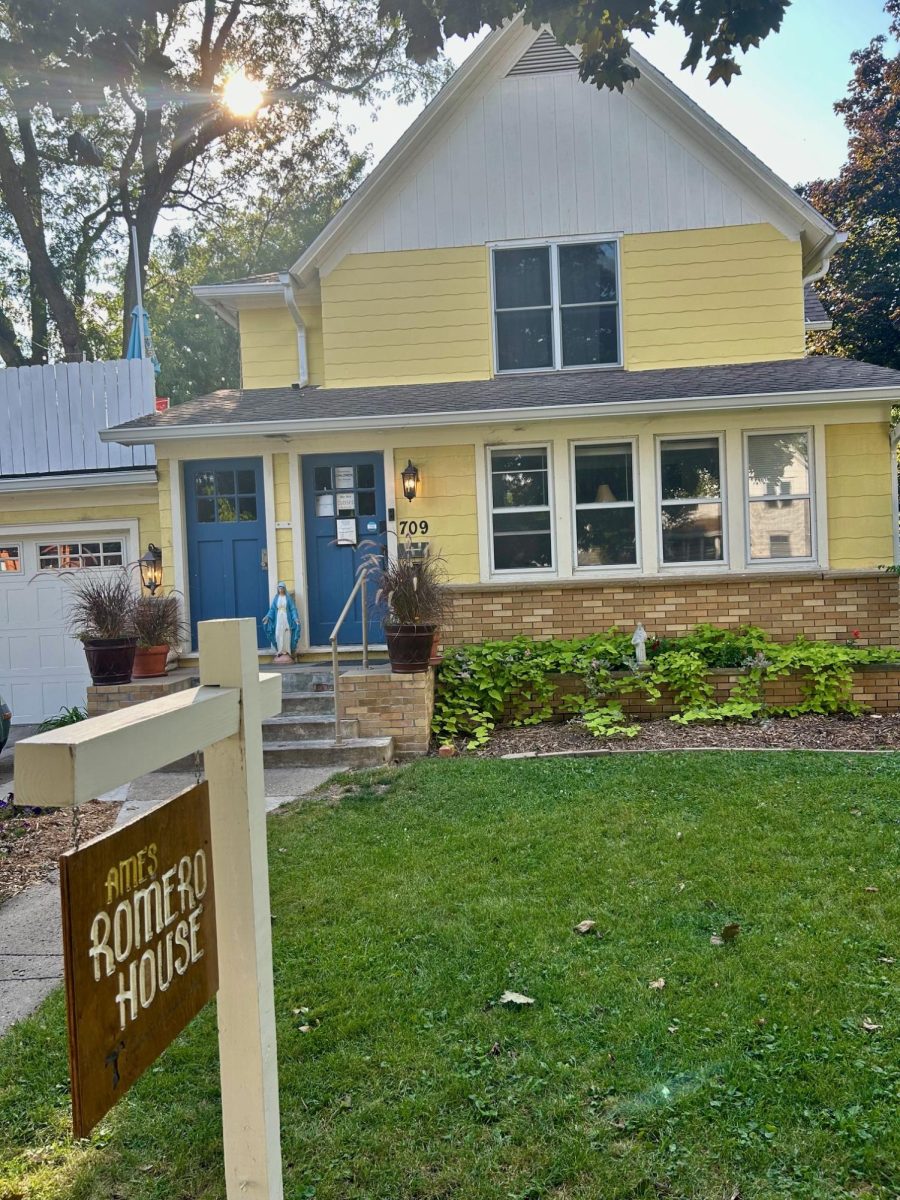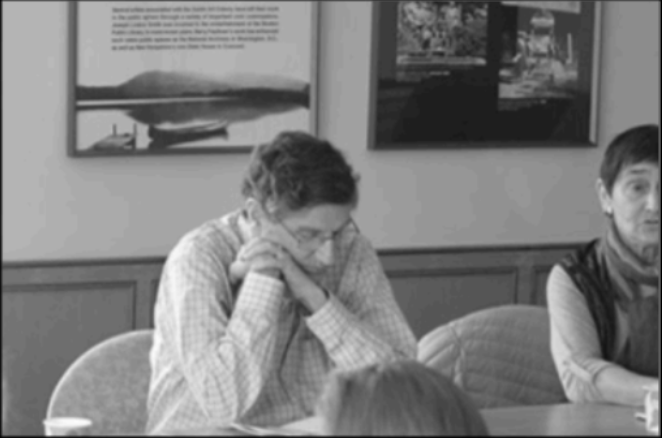Many people might wander in curiously to the little store that sells neat, handmade crafts, but little is known about the history of Worldly Goods and its mission. What was once nothing but a mere vision for a better future has transformed into a successful industry that has helped many out of poverty over the past few decades. With the contributions of eager, dedicated volunteers, fair trade corporations have been taking big leaps in bringing consumers and workers together. Celebrating the twentieth anniversary of the store, Worldly Goods manager Tina Thill is excited to show the progress the business has made since it was opened by Holly and Larry Burkhalter in 1987. After visiting a corporate fair trade store, Ten Thousand Villages, the couple was intrigued by the idea, sparking the interest to open their own business in Ames. âIn the beginning, the store was run by full time volunteers,â Thill said, praising the kind-hearted and ambitious founders. There are roughly 70 volunteers employed by Worldly Goods. They volunteer at various times throughout the day to help out Thill and her two assistant managers, Greg Bruna and Galina Spike. Fair trade in the U.S. began about 65 years ago with the founding of Ten Thousand Villages, the first corporation to work directly with poverty-stricken artisans in developing countries to make sure they receive decent wages. Every vendor must be certified by the Fair Trade Federation, which insists that vendors get to know their artisans. As opposed to traditional businesses that order in mass quantities, Fair Trade allows artisans to set their own prices that will support necessities such as healthcare, which is a rare indulgence for many. âWorldly Goods is a partner-store, meaning we carry goods from numerous suppliers,â Thill said. Equal Exchange, one of these suppliers, is a major coffee producer that assures environmental-friendly and organic foods. An organization run by workers, it strives to inform customers of trade issues that affect farmers. âI envision the store a certain way, and then think, what products do we need that would help accomplish that vision?â Thill said. âSo I try to find the places that have it.â Worldly Goods carries various handmade artifacts created by people throughout the world, each of whom has their own story. âShova from Bangladesh was found at age 14, abandoned, suffering from the loss of her baby with no shelter and little clothes. Ten Thousand Villages has helped her gain an education and become independent,â Thill said. âItâs hearing first-hand stories like this that shows how fair trade saves lives, literally.â With each individual making a rarity, one can imagine a collection that mixes such distinctive ethnicities. The list of crafts is endless: jewelry, pottery, soaps and stones, clothing, musical instruments, cookbooks, nativities, toys, furniture, music, handmade paper⦠one is sure to find a gift for any occasion. A visit to Worldly Goods isnât an ordinary shop stop, but an excursion to numerous Asian, African and Latin American communities. With the chance to eliminate hazardous sweat shops and dishonest, authoritative retailers, the opportunity awaits you at 223 Main Street.
Categories:
Worldly Goods store promotes fair trade
Sofiya Hupalo
•
March 30, 2007
Story continues below advertisement
0
Donate to The WEB
$150
$450
Contributed
Our Goal
Your donation will support the student journalists of Ames High School, and Iowa needs student journalists. Your contribution will allow us to cover our annual website hosting costs.
























